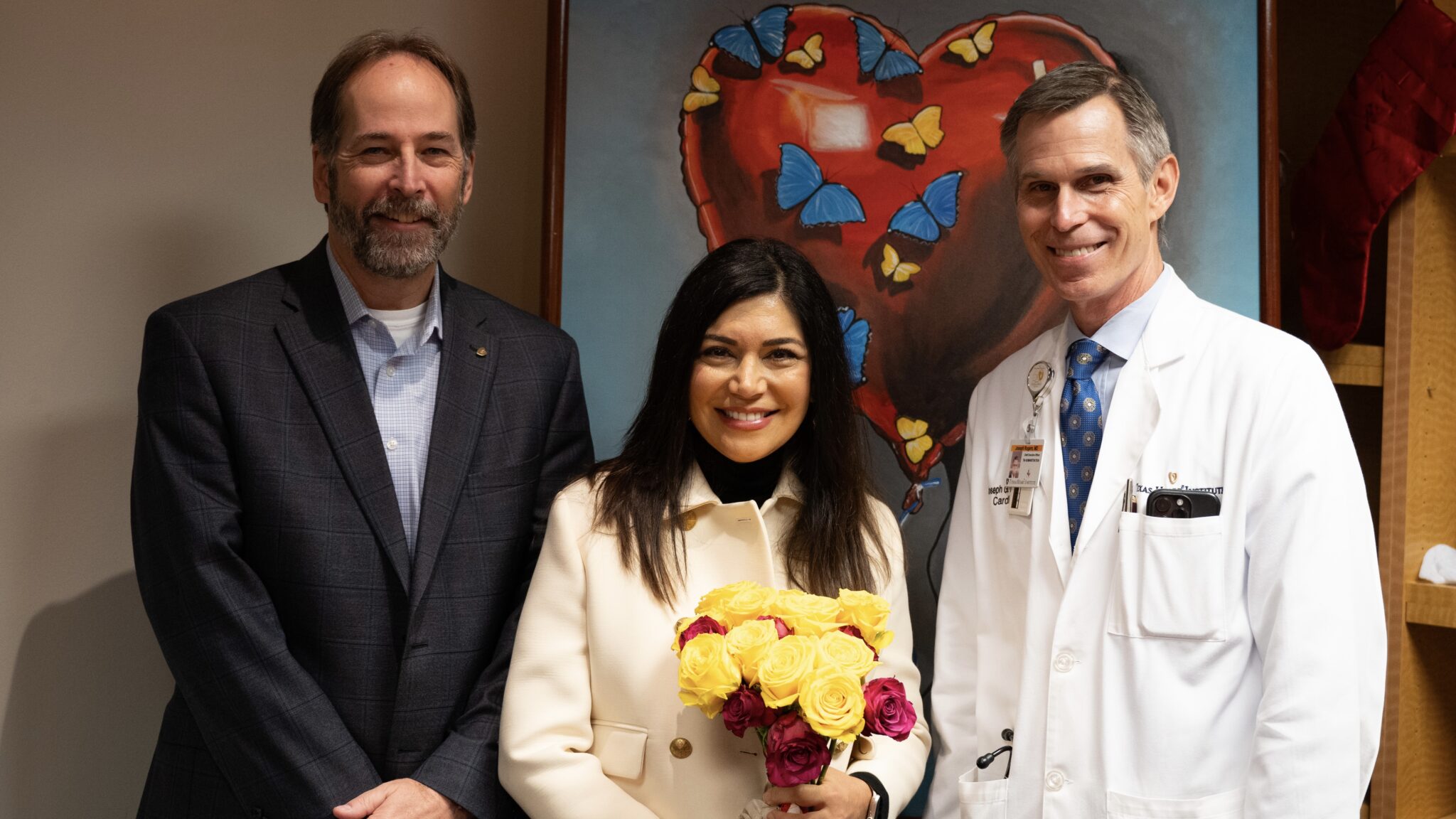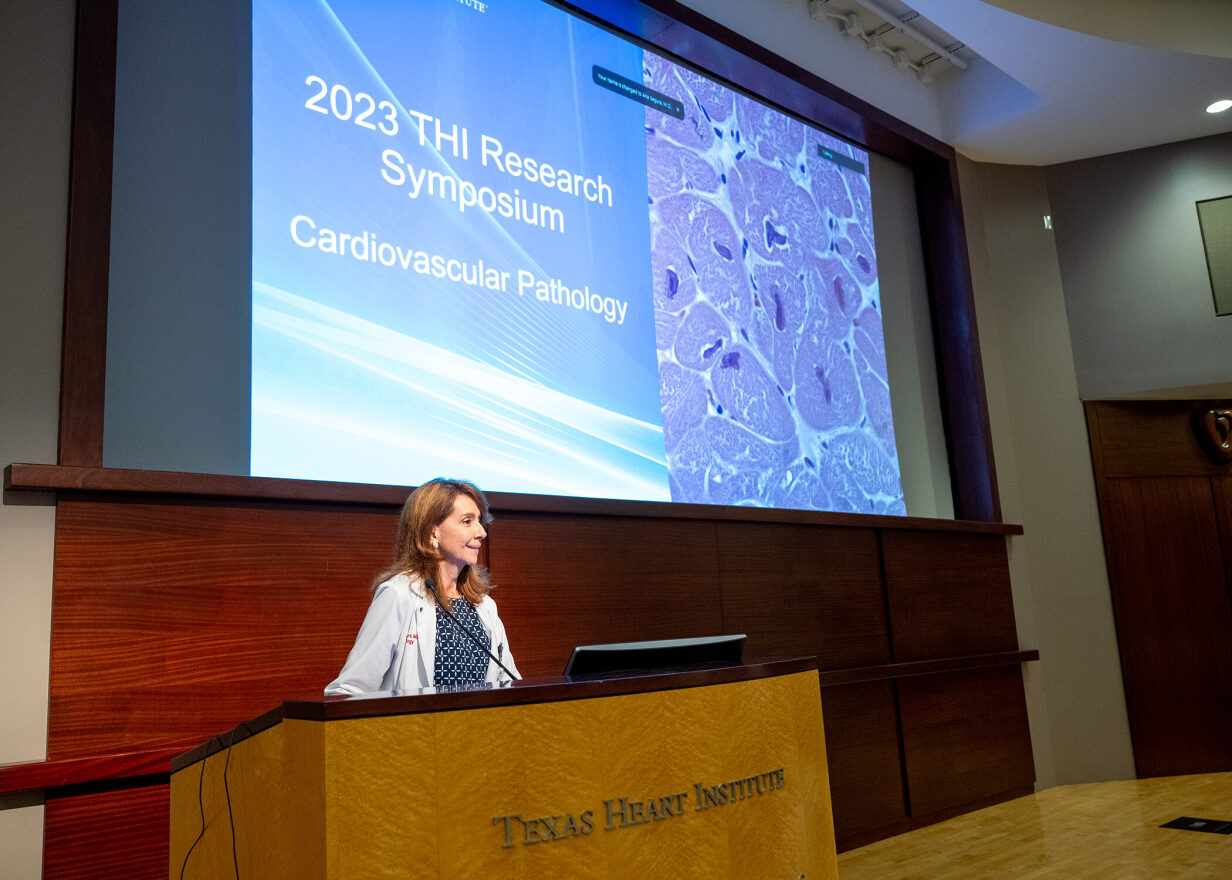
Darren Woodside, Ph.D., is the Vice President for Research and Director of the Flow Cytometry and Imaging Core at the Texas Heart Institute. Show full bio
Dr. Woodside’s research centers around the role that cell adhesion plays in cardiovascular and autoimmune diseases, and the development of novel means to identify and treat these diseases. Prior to assuming the position of Vice President, he served as Associate Director of the Molecular Cardiology Research Laboratories at THI and Associate Director of Drug Discovery at Encysive Pharmaceuticals. He was awarded his Ph.D. from the University of Texas MD Anderson Cancer Center’s Department of Immunology and was a post-doctoral fellow at The Scripps Research Institute.
He has authored numerous publications, served on Editorial Review Boards, and currently chairs the NIH Innovative Immunology Study Section.
Texas Heart Institute Positions
- Vice President for Research, Administration
- Director, Flow Cytometry and Imaging, Molecular Cardiology Research
Interests
- Inflammation
- Non-invasive diagnostic imaging technologies
Education
-
Undergraduate:
Queen's University at Kingston
-
Postgraduate:
University of Texas MD Anderson Cancer Center, Graduate School of Biomedical Sciences
-
Fellowships:
The Scripps Research Institute
Honors, Awards and Memberships
Publications
Recent News

A Beautiful Painting by THI Artist and Scientist Unveiled
Born in Berlin, Shahrzad Abbasi has always loved and appreciated art. At a very young age, she began painting and pursued formal...

The Texas Heart Institute Research Symposium: Cutting-Edge Innovations Driving Translational Clinical Care
HOUSTON (Oct. 27, 2023) — Renowned scientists and clinicians from The Texas Heart Institute gathered this week for its inspiring,...

Houston Supports The Texas Heart Institute in Style at The Post Oak
The Supper Club gala, held at the fabulous Post Oak Hotel, was a magical night about giving back and raising...




